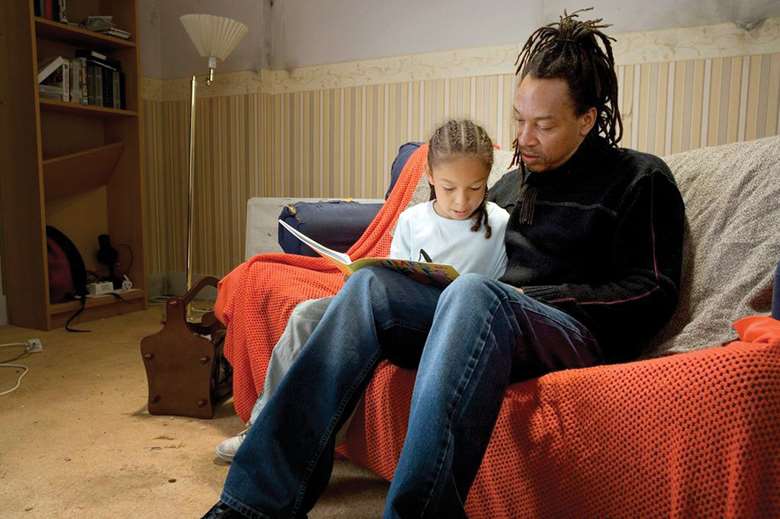Good Idea: School support service helps cut vulnerable pupil absence
Adam Offord
Monday, April 13, 2015
School-Home Support works in partnership with schools to improve the attainment of vulnerable children by engaging with families and communities, and dealing with the root cause of poor attendance and behaviour.

Provider: School-Home Support
Name The SHS: Practitioner Service
Recent Department for Education figures showed there were 67,000 fewer pupil absences in 2013/14, with 233,815 children persistently absent compared with 300,895 in 2012/13.
There are many factors behind the drop in absences, including the work of education charities such as School-Home Support (SHS).
The SHS Practitioner Service aims to get more children and young people into school and ready to learn by intervening early. It is driven by the knowledge that attendance is a key factor determining educational attainment, with persistently absent pupils four times less likely to achieve five A* to C grades at GCSE and more likely not to be in education, employment or training (Neet) at the age of 18.
Practitioners were posted across the country but following funding cuts the service currently serves schools across London and Kent, although it is beginning to make a comeback in other areas.
The charity particularly focuses on children in receipt of free school meals, with a special educational needs diagnosis or those with complex home situations.
SHS practitioners help schools in improving attendance and behaviour, engage with parents and support the transition from primary to secondary school. In 2013/14, SHS partnered with 74 schools, with practitioners working alongside children and their families to address persistent absence and to find the underlying causes.
On average children were able to benefit from an extra seven weeks in school across the academic year, with 77 per cent of persistently absent children having an increased attendance.
Zufana Goring-Prince, an SHS practitioner, joined St Monica's Primary School in Hoxton Square, London, in 2010 and works with the school to help some of the vulnerable children and their families. She says: "I will try to put on different workshops just to get to meet people so that they can see I am here to support them."
Parents of vulnerable children can engage with schools and their child's learning through a range of opportunities set up by SHS practitioners. These include parenting classes, "stay and play", informal drop-ins and family learning.
Practitioners can also help to deal with a range of issues including financial problems, language barriers and domestic abuse.
Goring-Prince adds: "Whenever a parent is going through their situation or their issue, they don't have time to think about their child's emotion, so that child doesn't get the opportunity to express that emotion. It is important that they have the confidence to do that with me.
"Once I know of the situation I will then briefly explain to the teacher there is stuff going on at home so they are not too harsh on that child to make the situation or their emotions worse. They try to find ways to give them some quiet time or allow them to come and see me.
"Then it is about finding out what is going on at home and being able to deal with these situations and reminding parents that everything we are doing is for their child," she says.
SHS chief executive Jan Tallis, adds: "Getting children in school is crucial to enabling them to achieve in their education and whole life.
"Children eligible for free school meals are over three times more likely to be persistently absent from school than their classmates from wealthier families.
"In order to close the gap in attainment, which has remained stubbornly high, it is vital that schools and local authorities provide the support to enable children from all backgrounds to attend school on a regular basis.
"This will give them the best chance to break the intergenerational cycle of deprivation that affects the opportunities of too many families."




